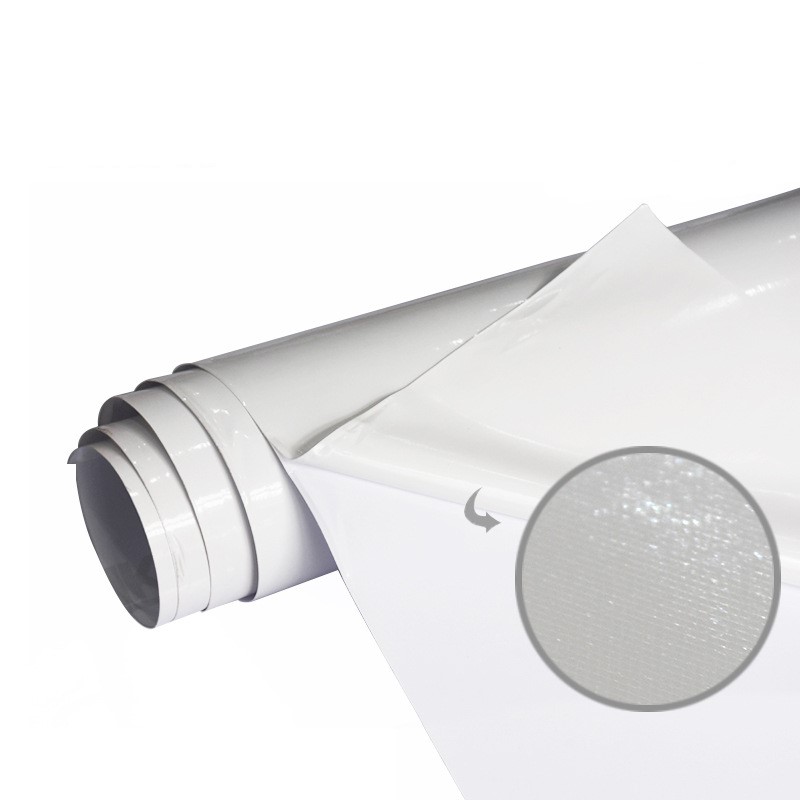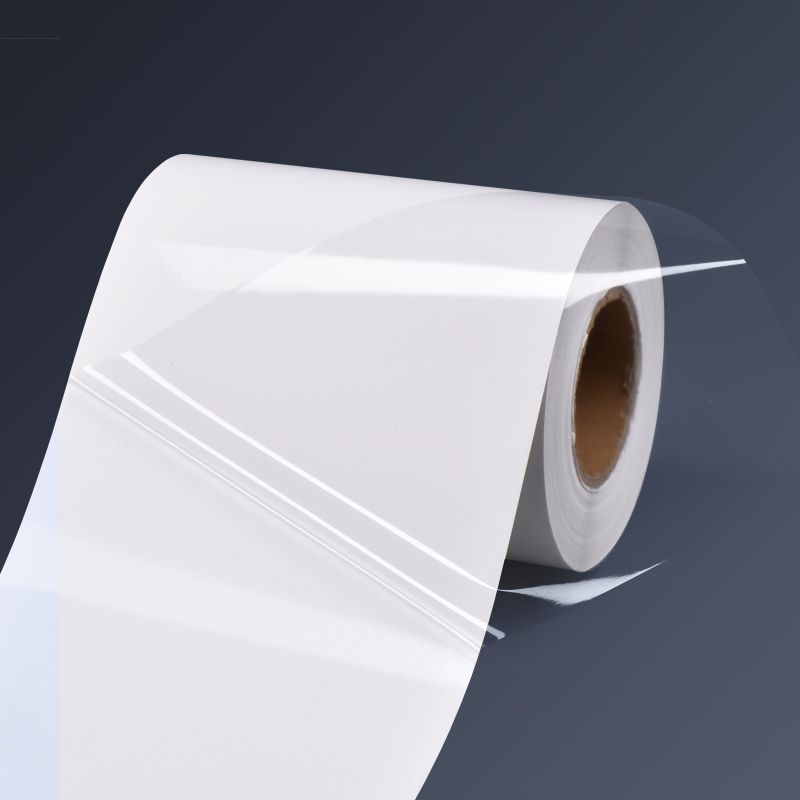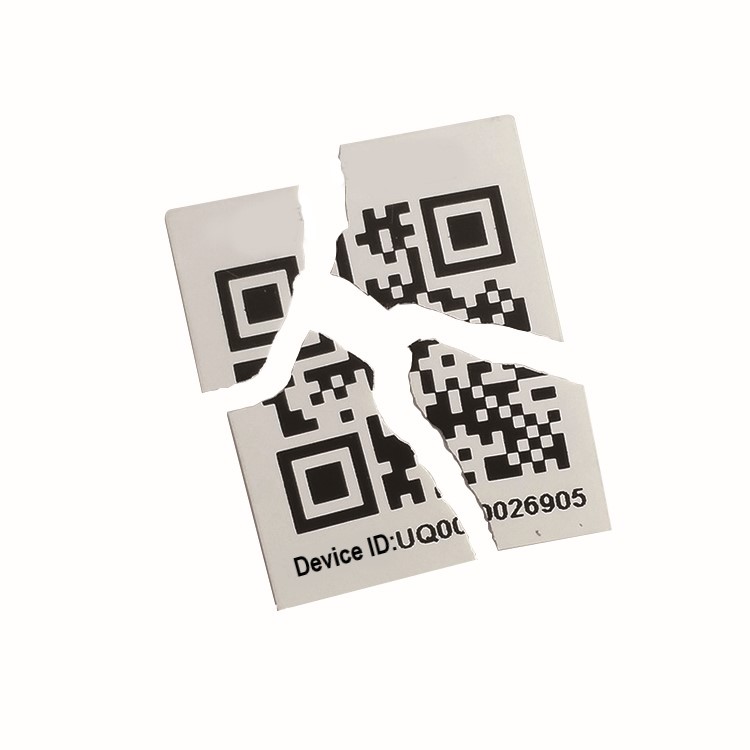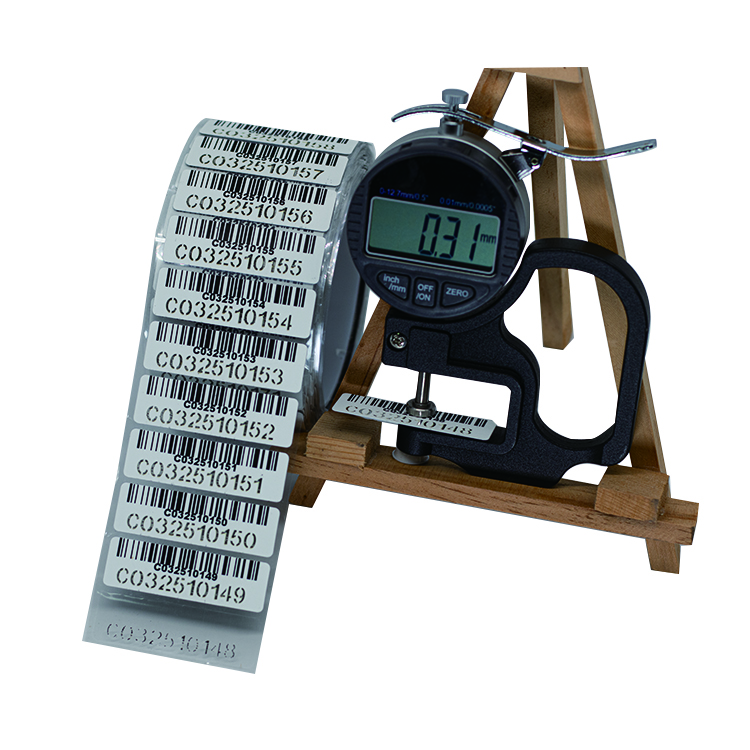Designing Heat-Resistant Labels: Meeting High-Temperature Requirements
Sticker labels play a crucial role in various industries, providing essential information and branding opportunities for products. However, certain applications require labels that can withstand high temperatures without compromising their functionality or appearance. In this article, we will explore the challenges faced by the sticker label industry in meeting high-temperature requirements and discuss the strategies employed in designing heat-resistant labels.
The Importance of Heat Resistance
In industries such as automotive, aerospace, electronics, and food packaging, the need for heat-resistant labels is paramount. These labels must withstand extreme temperatures, ensuring that critical information remains legible and intact throughout the product's lifecycle. Additionally, heat-resistant labels are essential for compliance with safety regulations and maintaining brand integrity.
Material Selection
Choosing the right materials is the foundation for designing heat-resistant labels. The primary consideration is selecting a substrate that can withstand high temperatures without warping, discoloring, or losing adhesion. Common materials used in heat-resistant labels include polyester, polyimide, and aluminum.
Polyester is a popular choice due to its excellent dimensional stability and resistance to heat, chemicals, and moisture. Polyimide, on the other hand, offers exceptional thermal stability and can withstand temperatures exceeding 300°C. Aluminum labels provide excellent resistance to both heat and UV exposure, making them suitable for outdoor applications.
Adhesive Selection
The adhesive used in heat-resistant labels must be carefully chosen to ensure proper adhesion and durability under high temperatures. Silicone-based adhesives are commonly used due to their ability to maintain adhesion at elevated temperatures. These adhesives exhibit excellent thermal stability, ensuring that the labels remain securely attached, even in extreme conditions.
Additionally, the adhesive should be resistant to chemicals, moisture, and UV exposure to ensure long-term performance. Conducting thorough testing and evaluating the adhesive's compatibility with the label material and the application environment is crucial for successful heat-resistant label design.
Printing Techniques
The printing technique employed in heat-resistant label design is another critical factor. Thermal transfer printing, specifically resin ribbon printing, is widely used for its ability to produce durable, heat-resistant labels. Resin ribbons are formulated to withstand high temperatures, ensuring that the printed information remains legible even in extreme conditions.
Furthermore, the use of heat-resistant inks and coatings can enhance the label's durability and resistance to heat, chemicals, and fading. These specialized inks and coatings provide additional protection against harsh environments, ensuring that the labels maintain their integrity and readability.
Testing and Compliance
Before heat-resistant labels are introduced to the market, rigorous testing is essential to ensure their performance under extreme conditions. These tests typically involve subjecting the labels to high temperatures, thermal cycling, humidity, and chemical exposure. The labels must demonstrate their ability to withstand these conditions without compromising adhesion, readability, or appearance.
Furthermore, heat-resistant labels must adhere to relevant industry standards and regulations. Compliance with these standards ensures that the labels meet the necessary safety requirements and maintain their functionality throughout their intended use.
Conclusion
Designing heat-resistant labels requires careful consideration of material selection, adhesive choice, printing techniques, and compliance with industry standards. By utilizing heat-resistant substrates, silicone-based adhesives, thermal transfer printing with resin ribbons, and conducting thorough testing, the sticker label industry can meet the high-temperature requirements of various applications. These heat-resistant labels provide crucial information, maintain brand integrity, and ensure safety in industries where extreme temperatures are a constant challenge.
We offer comprehensive technical support, including free professional labeling solutions, advice on label materials and adhesive selection, as well as online/offline assistance from professional software and hardware engineers. Service email: andy@ownlikes.cn. In pre-sales, we leverage our extensive experience in specialty labeling projects to provide clients with the most suitable hardware solutions. Additionally, all our label barcode printers and scanners come with a three-year free warranty, demonstrating our confidence in our products.






This site is protected by reCAPTCHA and the Google Privacy Policy and Terms of Service apply.